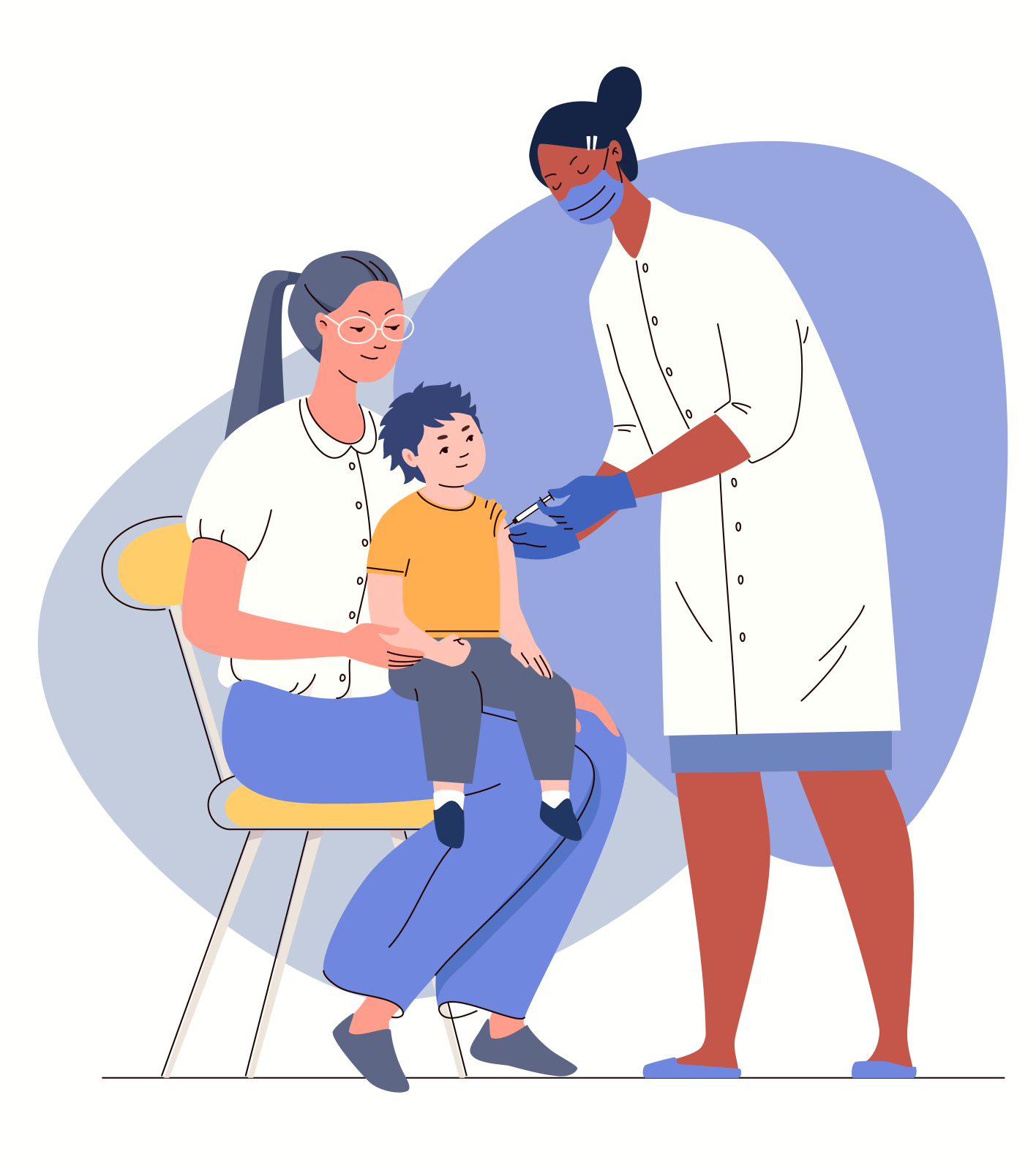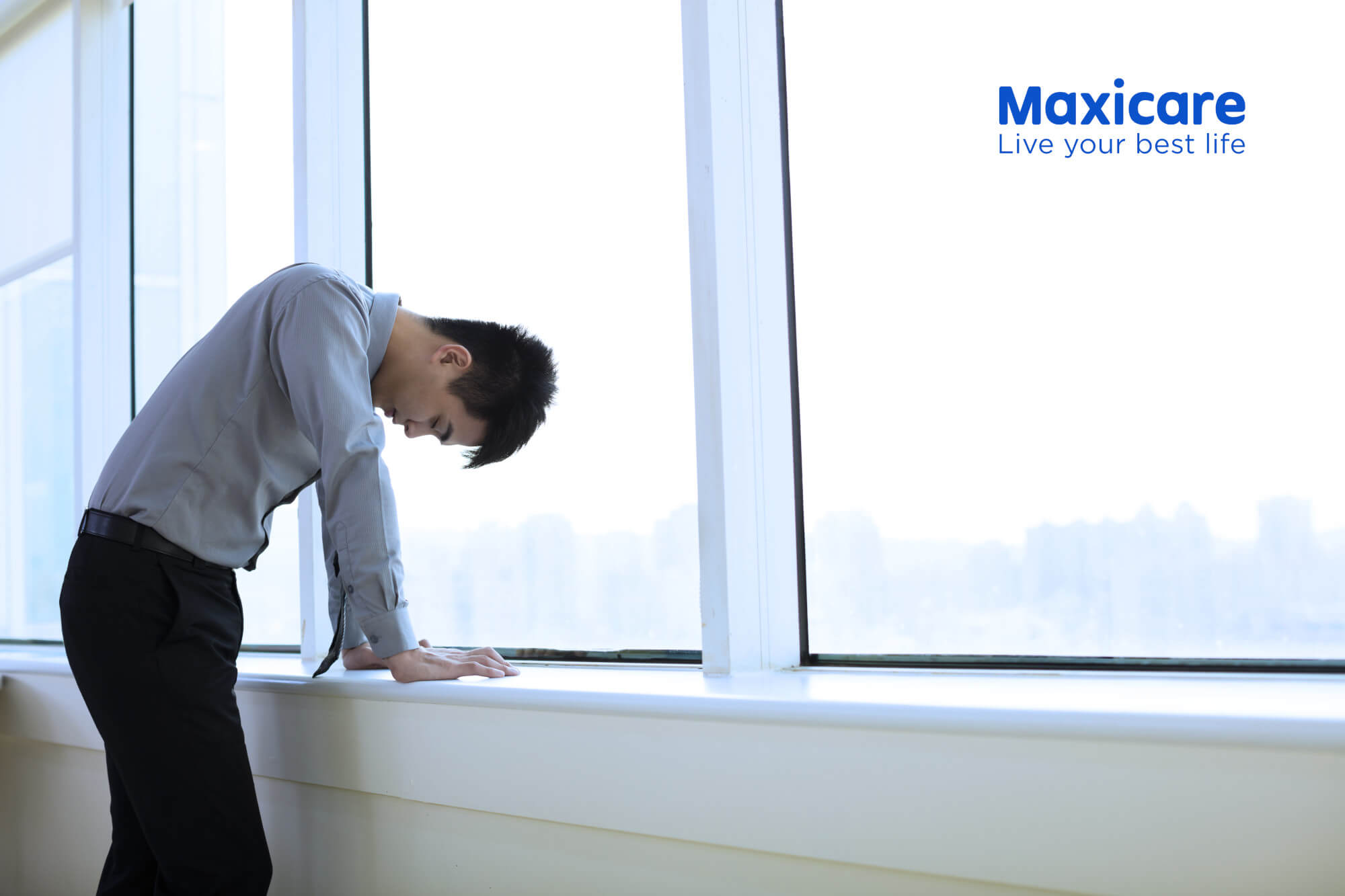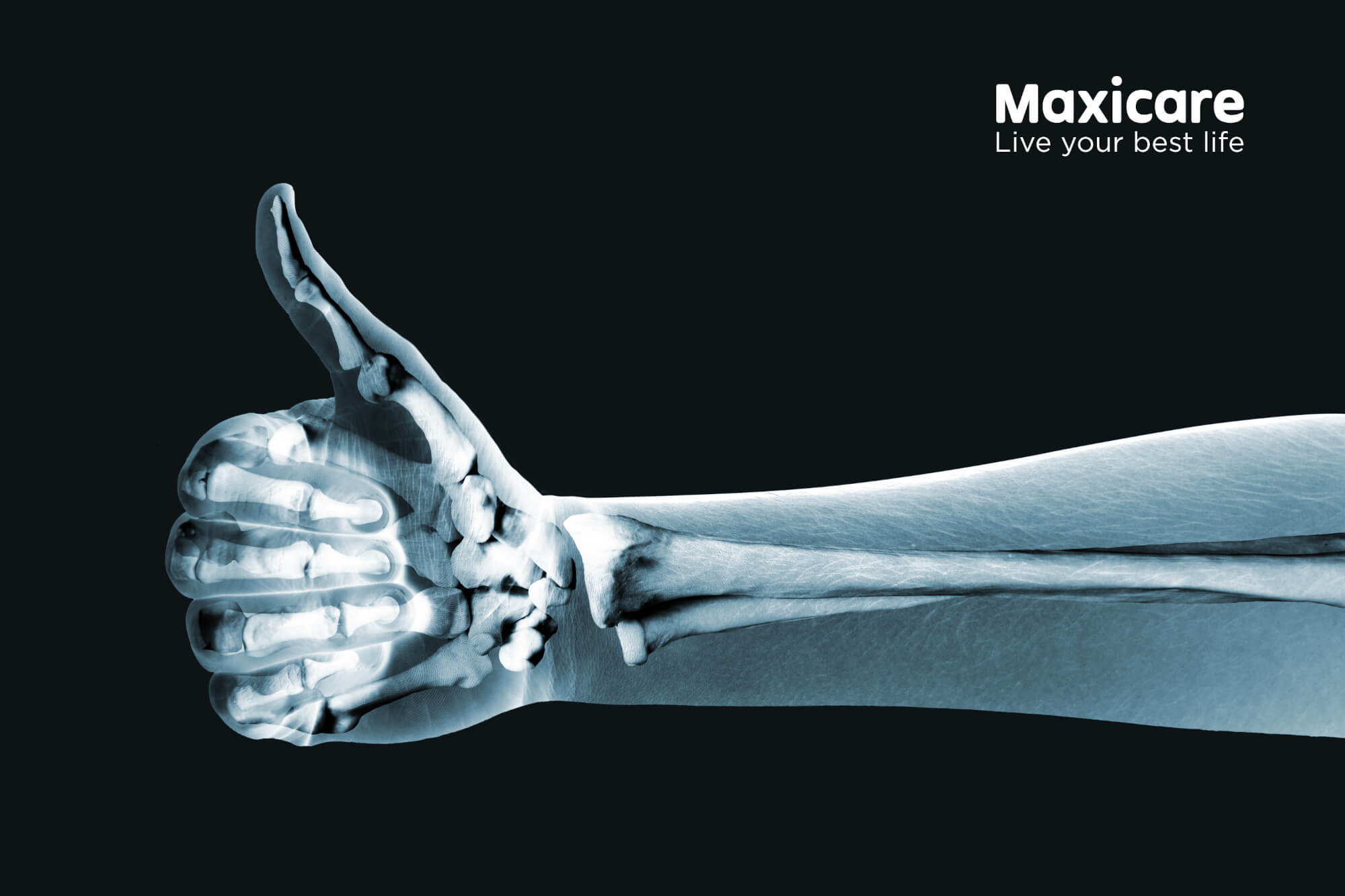
Poliomyelitis or polio, is a highly infectious disease caused by a virus. It invades the nervous system and can cause total paralysis. It mainly affects children under five years of age. However, anyone of any age who is unvaccinated can contract the disease.
Signs & Symptoms
- Sore throat
- Fever
- Tiredness
- Nausea
- Headache
- Stomach pain
A smaller proportion of people with poliovirus infection will develop other, more severe symptoms that affect the brain and spinal cord:
- Meningitis – infection of the covering of the spinal cord and brain
- Paralysis – can’t move parts of the body) or weakness in the arms, legs, or both
Transmission
Poliovirus is contagious and spreads through person-to-person contact. It lives in an infected person’s throat and intestines. It can contaminate food and water in unsanitary conditions.
Poliovirus enters the body through the mouth. It spreads through:
- Contact with the feces of an infected person
- Droplets from a sneeze or cough of an infected person
An infected person can spread the virus to others immediately before and up to 2 weeks after symptoms appear. The virus can live in an infected person’s intestines for many weeks.
Four natural ways to avoid polio
- Practice good hand hygiene and wash hands often with soap and water
- Make sure your hands are clean when you touch your eyes, nose, and mouth
- Cover the mouth while sneezing or coughing
- Avoid close contact and sharing of utensils with people who are sick
There is no cure for polio, but it can be prevented with safe and effective vaccination. If you have any signs and symptoms of polio, consult a doctor via Maxicare’s 24/7 Teleconsult Hotline, Videoconsult services powered by the Doctor Anywhere App, or Maxicare Primary Care Clinic (PCC). You may also visit a PCC or request HomeCare for lab tests and diagnostic procedures.
References:
https://www.who.int/news-room/fact-sheets/detail/poliomyelitis https://www.who.int/health-topics/poliomyelitis#tab=tab_1
https://www.cdc.gov/polio/what-is-polio/index.htm












